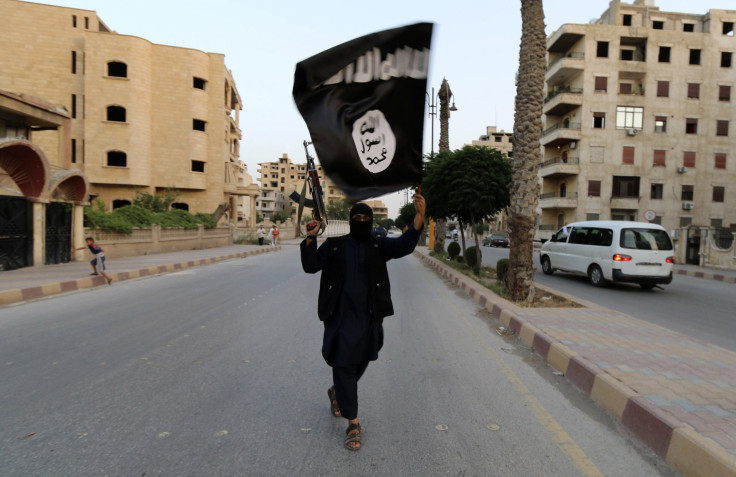ISIS Gives Away Free Food For Ramadan: Islamic State In Syria And Iraq Mixes Charity With Brutality Amid Violent Attacks

As the Islamic State group continues calls for violent attacks around the world, the militants in Iraq and Syria are handing down hefty punishments for those caught breaking the fast during Ramadan. However, at the same time they're providing aid and alms to the poor. According to activists living in areas under Islamic State group control, the militant group also known as ISIS has been distributing food during the Muslim holy month, including rice, wheat, sugar and cooking oil, as well as ensuring dates and water are available at mosques to break the daily fast at sunset, the Associated Press reported.
Ramadan is a month of the Arabic calendar which marks the beginning of the revelation of the Quran some 1,400 years ago. During the holy month, Muslims are encouraged to offer extra prayers in the nighttime, abstain from food, water and sex during daylight hours, increasingly read the Quran and show increased compassion for the poor.
#ISIS distributing food aid among orphans and the needy in #Raqqa #Syria pic.twitter.com/NBI8NOIZZY via @p_vanostaeyen
— Anonymous (@YourAnonCentral) June 19, 2014This year’s Ramadan has been marred by a global series of violent attacks believed to be inspired by ISIS, including a shooting on a beach in Tunisia, a suicide bomb at a Kuwaiti mosque and an assault on an Egyptian town. In territories under ISIS control, residents have reportedly been handed cruel punishments for breaking the fast. A resident of Mosul said those who break the fast can be confined in a cage in the public square for up to several days, according to the Associated Press.
Early in Ramadan, the group released a graphic seven-minute video purporting to show militants killing 15 Iraqi men for espionage. Muslim leaders around the world, including in North America and Europe, have repeatedly condemned ISIS’ actions, saying the month is a time for introspection and peace.
In stark contrast to many of their prior videos, ISIS released earlier this year a video of an Australian doctor who had settled in the self-proclaimed state to offer his medical expertise. The professional-quality propaganda video is meant to present the group as charitable, while seeking to lure others with skills to contribute.
Propaganda presenting the group's generosity is not new. On ISIS social media, photos have been circulated of militants handing out aid to the poor. Early on, many residents, particularly in Syria, found the group to be less corrupt and more charitable than other militant groups fighting in the region. Continued brutality, however, is believed to have since lost ISIS much of its support on the ground, though public opinion is hard to gauge among those living under its thumb.
In the past, ISIS was believed to have distributed food aid donated by Western charities to boost their popularity in the region. The World Food Program expressed concern in February over images circulating on social media that purportedly showed ISIS fighters distributing goods with their label.
© Copyright IBTimes 2025. All rights reserved.






















